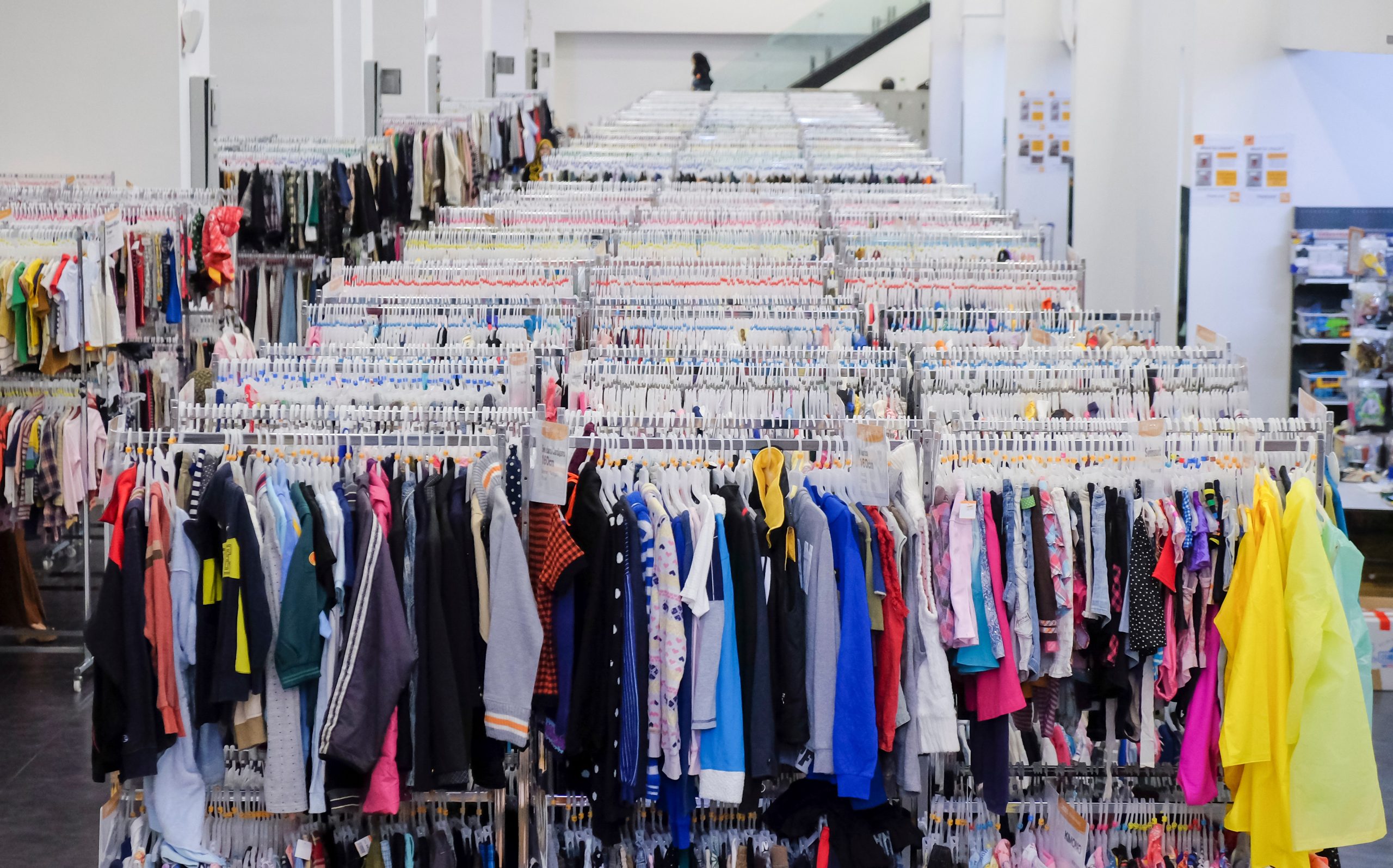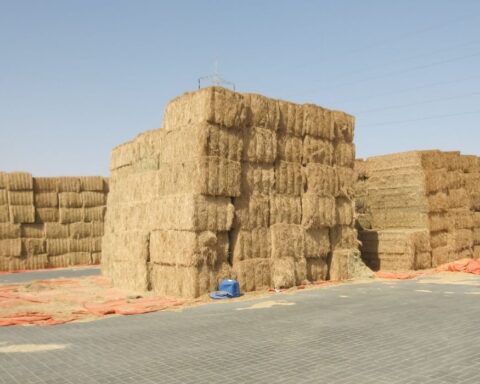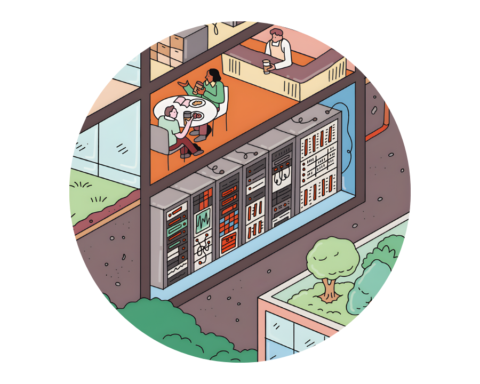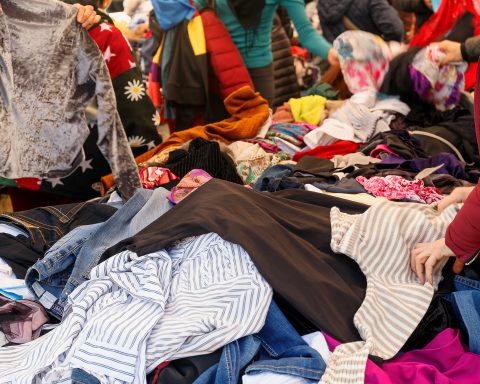An investigation by Stand.earth has revealed how more than 100 fashion brands use materials that can be traced to fracked oil and gas from the Permian Basin in Texas. The global fashion supply chain relies on synthetic fibres like polyester, which are derived from petrochemicals. The report identifies many familiar brands with ties to fossil fuels, including Adidas, Calvin Klein, Lululemon, Uniqlo and Zara.
The Stand.earth Research Group (SRG) used customs records, corporate disclosures and investor reports to track U.S.-produced ethane through the supply chains of 107 major brands. Supporting the report is an interactive map that allows users to explore the connections between specific brands, their suppliers in the petrochemical sector and fracking companies.
“While conversations on alternatives to fracked oil and gas predominantly focus on end uses like heating or gasoline, the fashion industry is on track to become a major player in driving the expansion of fracking,” Dr. Devyani Singh, a researcher at Stand.earth, said in a statement.
The Permian Basin isn’t the only source of fracked gas, but Stand.earth made it the focus of their research because it is one of the world’s largest “carbon bombs,” or fossil fuel projects that, if fully exploited, would create more than one gigaton of carbon dioxide pollution. According to the non-profit research organization, nearly 28 gigatons of carbon dioxide could be released into the atmosphere if all the reserves in the Permian Basin were extracted and used.
Fracking takes an enormous toll on people and the environment, not only by contributing to the climate crisis, but also through air and water contamination, groundwater depletion, triggering seismic activity and violations of Indigenous rights.
Related
These designers are making the most of Africa’s fast fashion waste crisis
A look at the secret world where our waste ends up
UN talks to create a global plastic treaty have stalled. Now what?
The petrochemical industry is set to outstrip transportation, aviation and shipping to become the primary driver of oil consumption around the world, as demand for plastic continues to surge. A 2018 report by the International Energy Agency found that “petrochemicals are set to account for over a third of the growth in oil demand to 2030, and nearly half to 2050.”
The oil and gas industry is looking for growth in petrochemicals to compensate for losses from the energy transition, and the fast fashion industry is powering that strategy – and solidifying its place as one of the world’s most polluting supply chains, responsible for between 4% and 8.6% of global greenhouse gas emissions. Manufacturers use ethane from fracked natural gas to make textiles and other consumer-facing products.
Of the 107 brands named in the report, 57 already have policies to phase out or eliminate virgin polyester, yet most of those are focusing on expanding their use of recycled polyester from plastic bottles – a strategy that nonetheless contributes to the oil and gas industry. Textile experts have challenged the sustainability of this solution because it diverts plastic bottles from functional closed-loop recycling systems and ultimately converts them into ever more textile waste.
Synthetic fibres are expected to account for 73% of global apparel production by 2030, according to the report, which calls on fashion brands to disclose their reliance on textiles derived from fracked gas. “The season of overproduction and sky-high climate emissions is made possible by harmful fracking and cheap petrochemicals, but it’s now time for brands to start a new tradition of sharing transparency into their supply chains, and giving a more sustainable future without fossil fuel fibres,” said Rachel Kitchin, a senior campaigner at Stand.earth.







